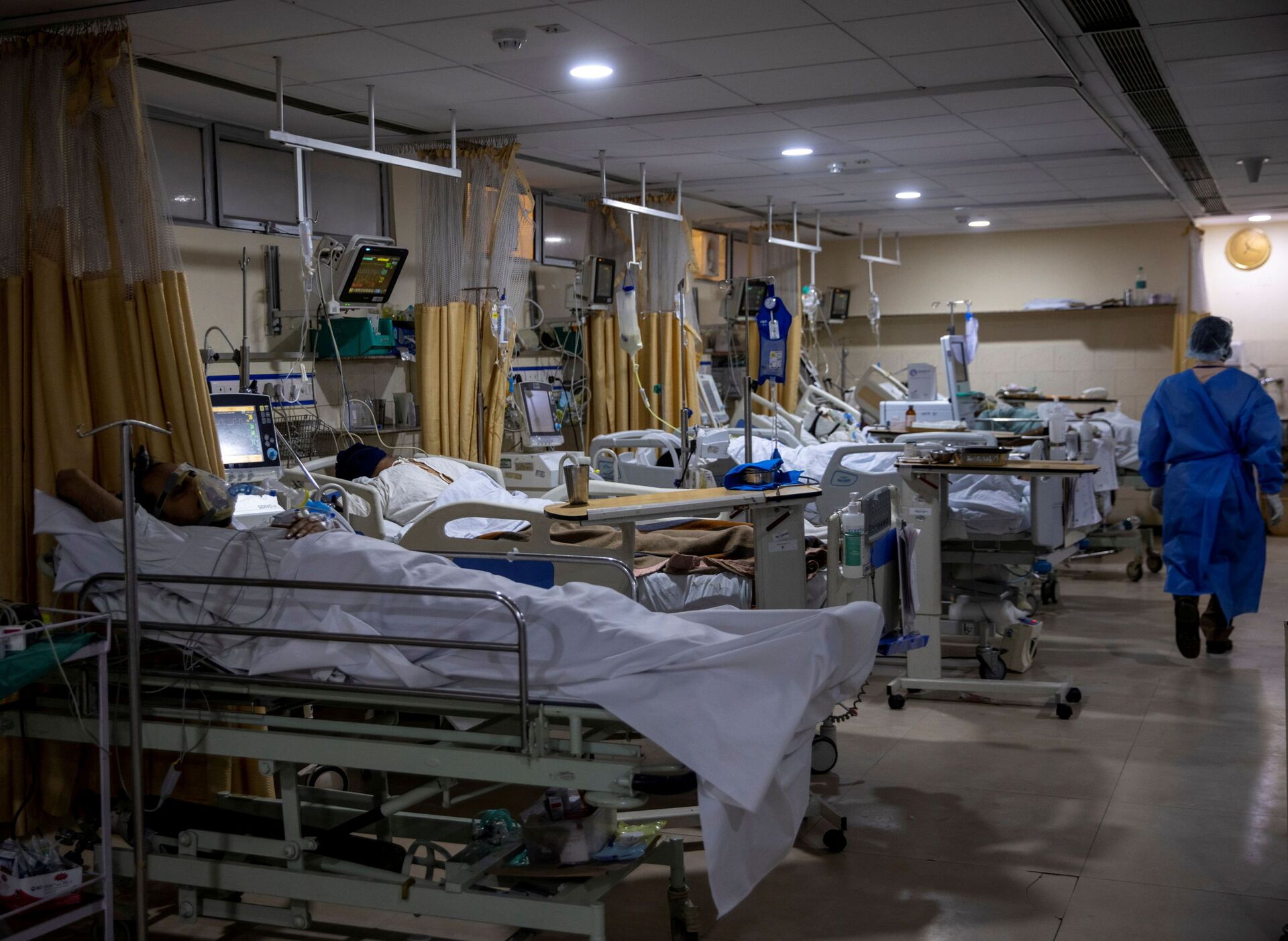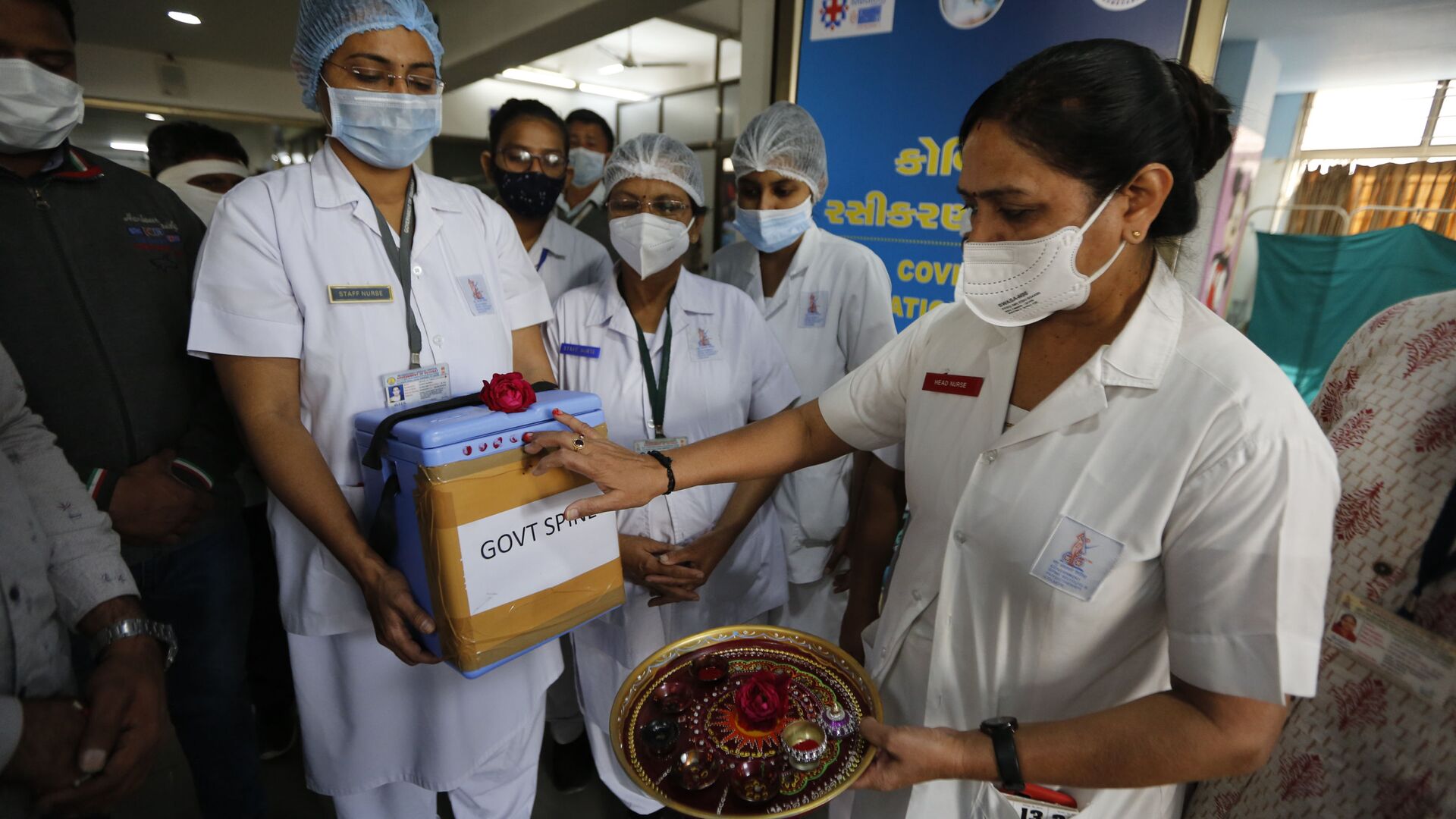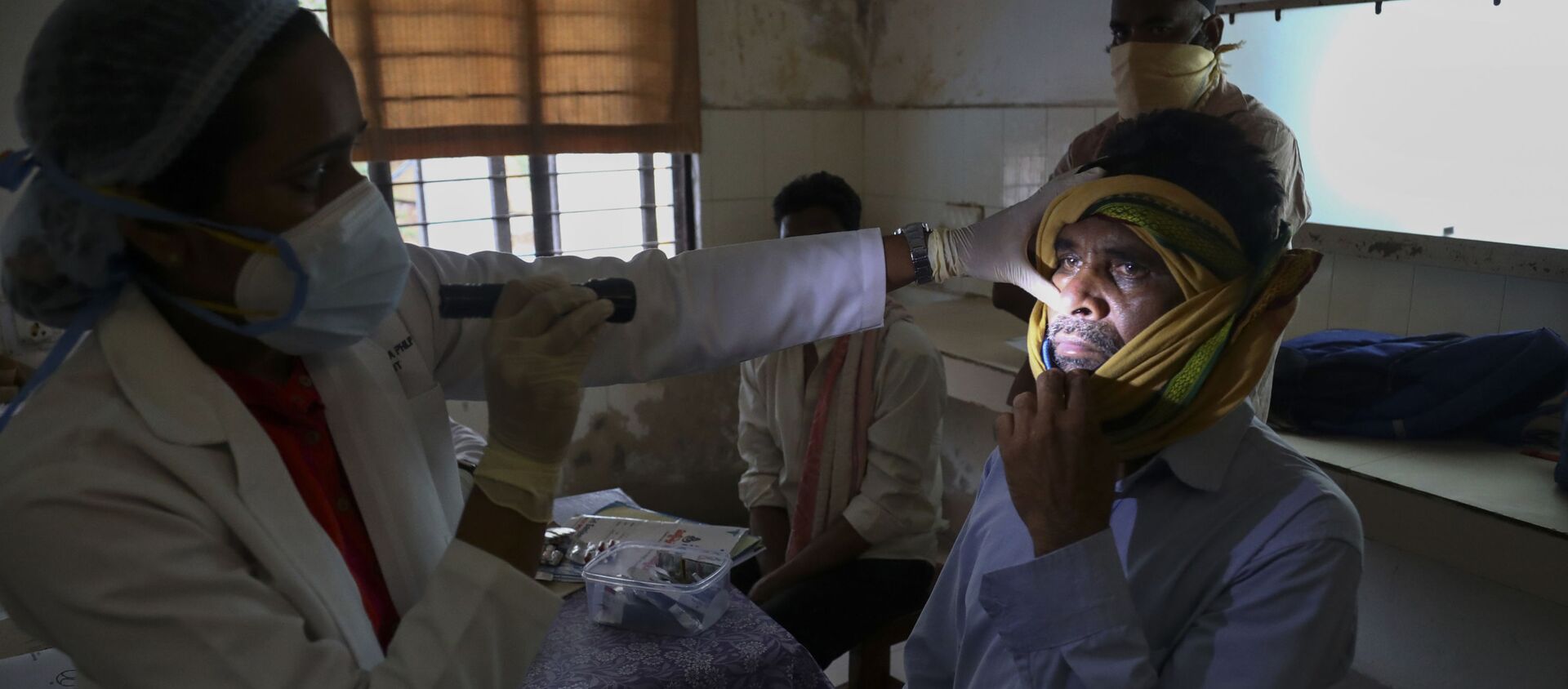India's second coronavirus wave has given a tremendous boost to the country's pharmaceutical sector. According to reports, the pharma sector of India has increased by 59 percent year-over-year in April 2021 compared with 16 percent YOY in March 2021 because of the sharp surge in COVID-19-related sales for drugs such as Remdesivir and Favipiravir, and the momentum is likely to continue for the next three or four months.
However, sales and demand for non-COVID drugs in India have plunged drastically. Data from market research firm AIOCD-AWACS indicates there is a nine percent year-on-year decline in sales of non-COVID medicines in May. Industry watchers claim that because of the lockdown fewer people are getting sick but it might also be the case that not so many ill people have had access to healthcare during the lockdown.
Since lockdown came into effect, growth in medicines for cardiac and diabetic conditions has been relatively high. Moreover, there is also a surge in the price of essential medicines including painkillers and antibiotics. Even gastrointestinal drugs and nutrition have seen growth of 21.6 percent and 76 percent respectively.
Speaking to Sputnik, Dr Gurpreet Sandhu, president of the Council for Healthcare and Pharma said: "All the important COVID-related medicines are regulated by the government; still people come up to enquire about them. On the other hand, a shortage of patients led to a fall in sales of non-COVID medicines. Moreover, the usual seasonal rush for medicines is absent as well. Usually, there would be a huge demand for medicines for diarrhea, cold, and coughs during this time of the year."
"The Indian pharma industry is well prepared for production and distribution exigencies that are expected during the lockdown. Although this growth will be strong for the next few months because of a surge in COVID-19-related sales, the industry is expecting growth to plateau," Dr Sandhu said.
As cases of Black Fungus or Mucormycosis also rise, the government has started engaging with the drug manufacturers to increase production of antifungal drugs such as Amphotericin-B used for its treatment. This medicine was until recently only rarely used so the surge in demand has led to a panic situation.

"There is no doubt that COVID-19 has contributed to the growth of the pharma industry. It has affected the overall development of the sector, and this is not confined to COVID-19 related drugs. Apart from Remdesivir, the availability of the liposomal Amphotericin-B injection is the biggest challenge for the pharma industry because of the emergence of Mucormycosis. Pharma companies are increasing production to meet the rise in demand," Dharmesh Shah, chairman of BDR Pharma, told Sputnik.
It is worth noting that during this pandemic, the online medicine market has also grown exponentially. Several industry experts maintain that this concept is getting a lot of support from the government. Online pharmacies have found it easier and safer than their bricks and mortar rivals to cater to the requirements of retailers, wholesalers, and individuals.






